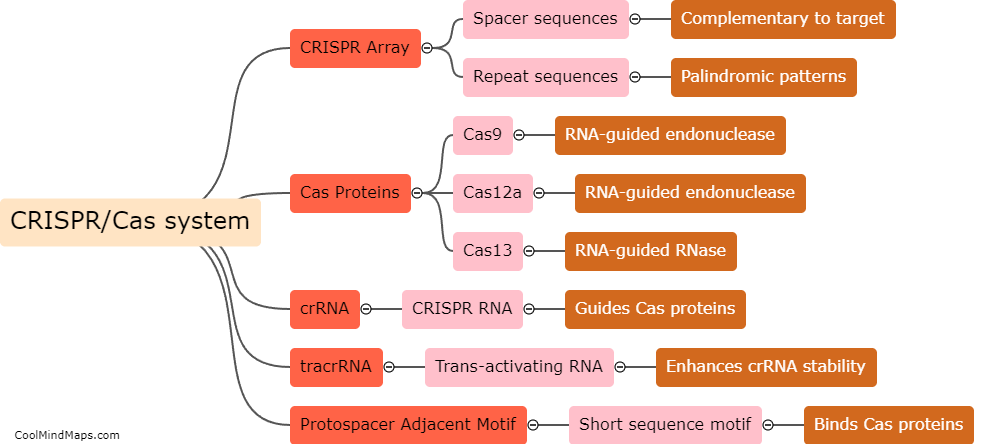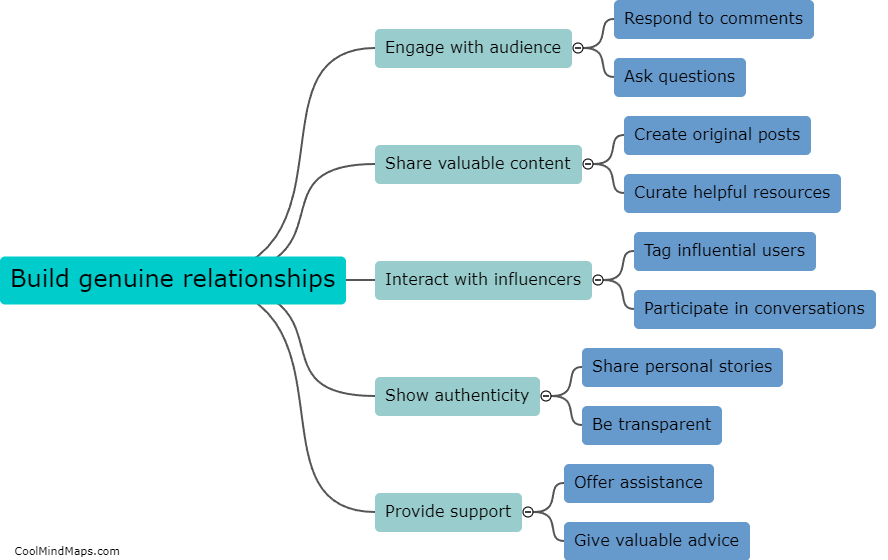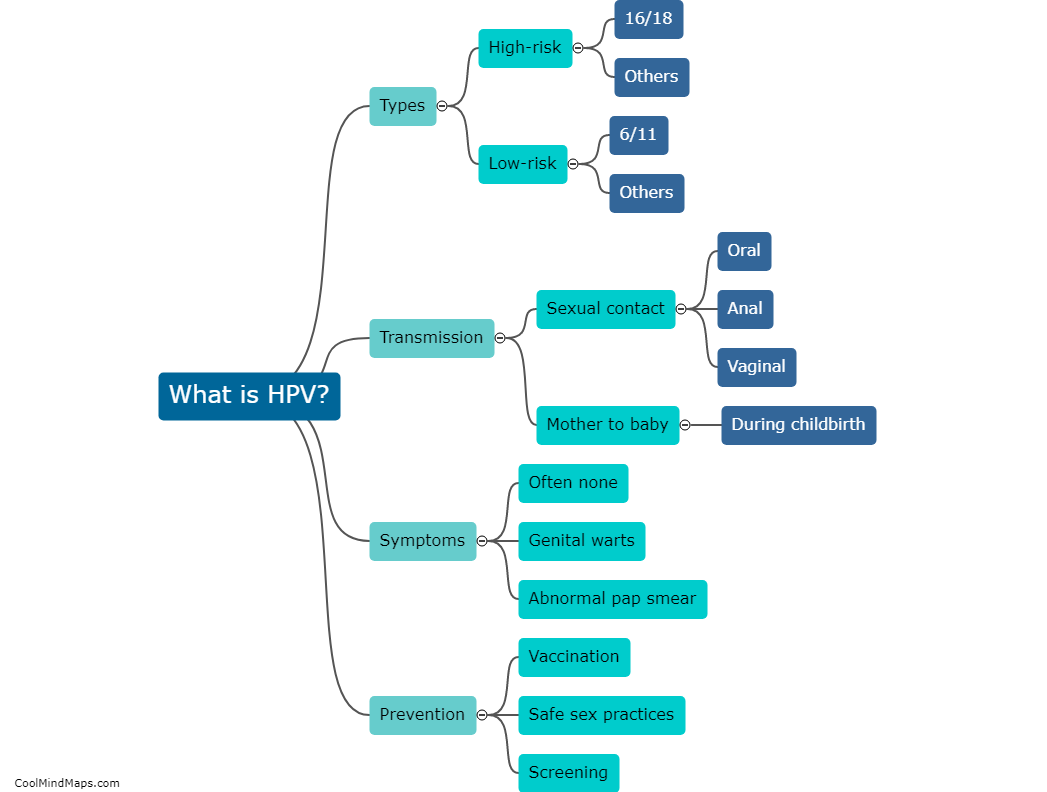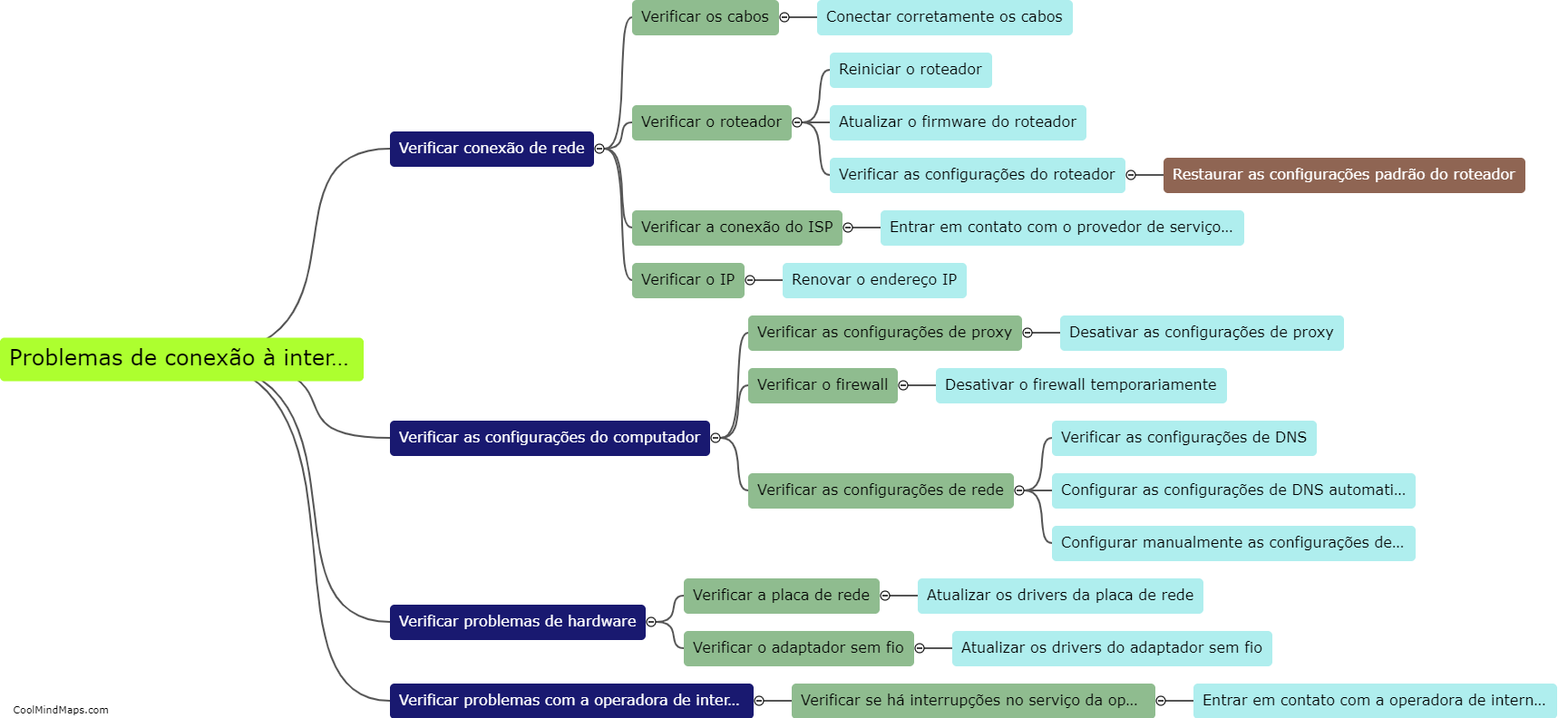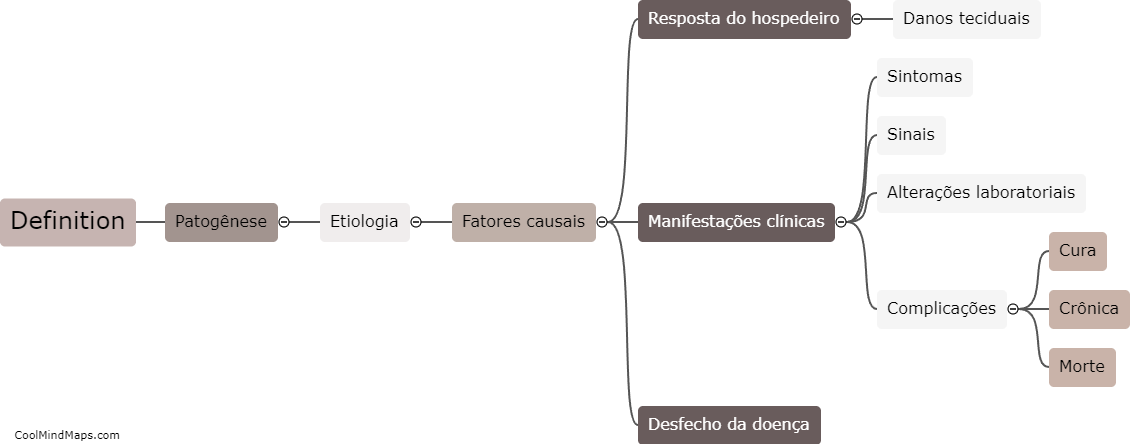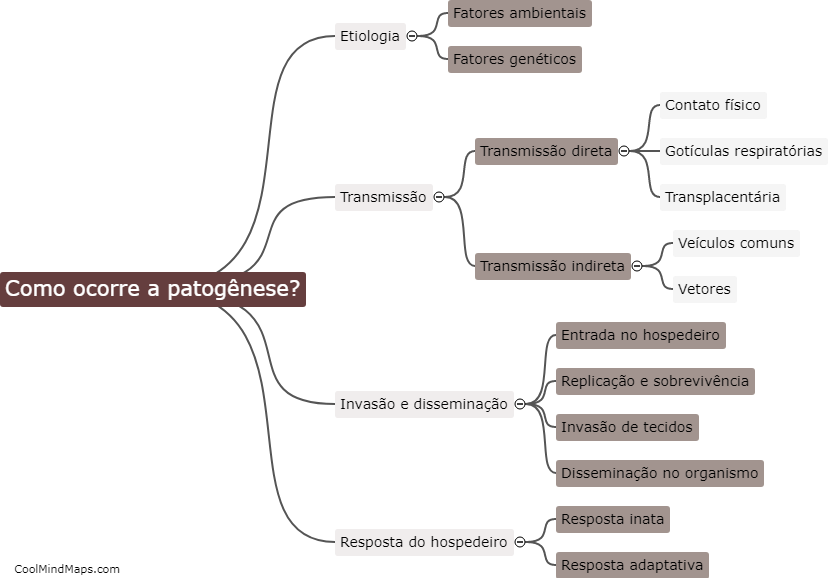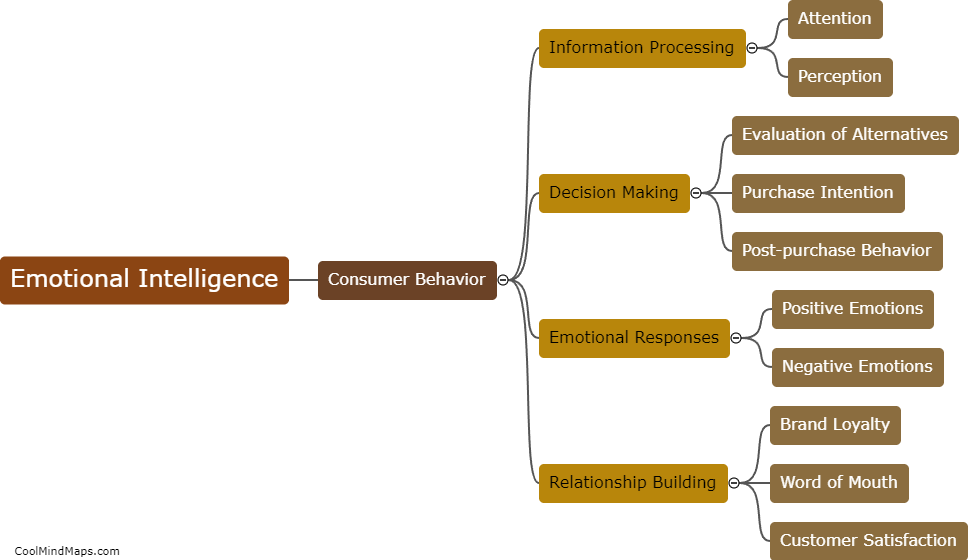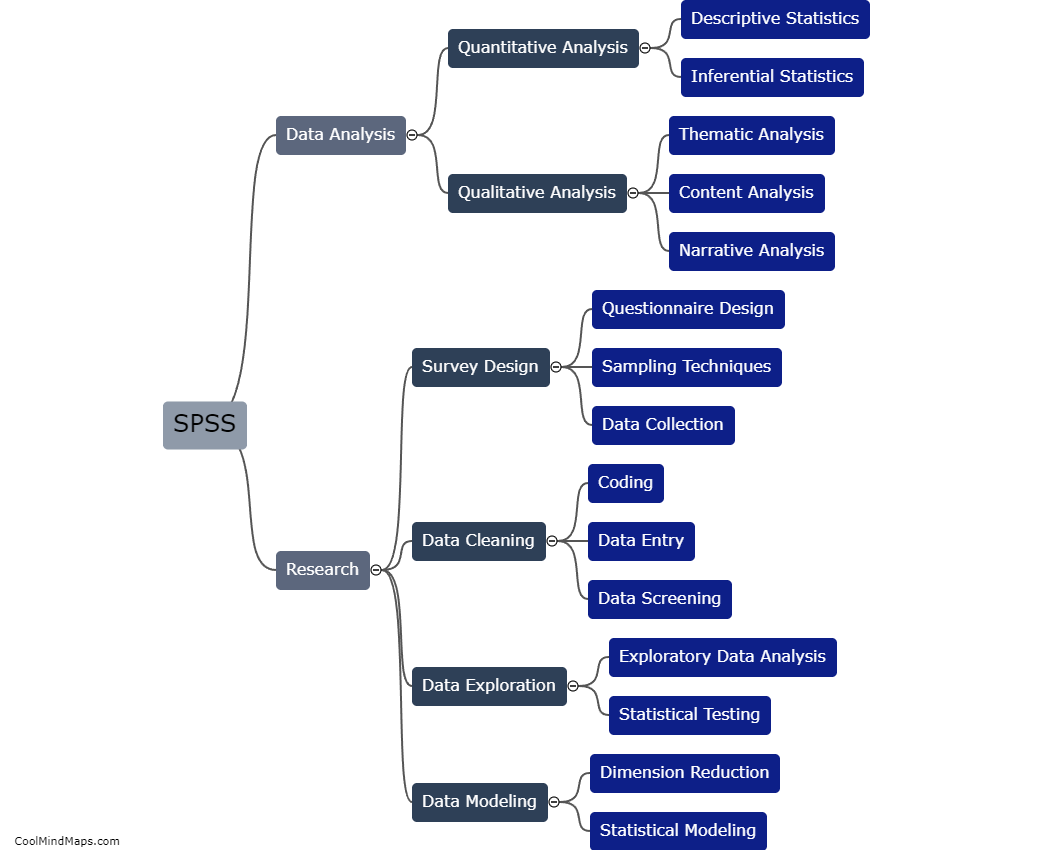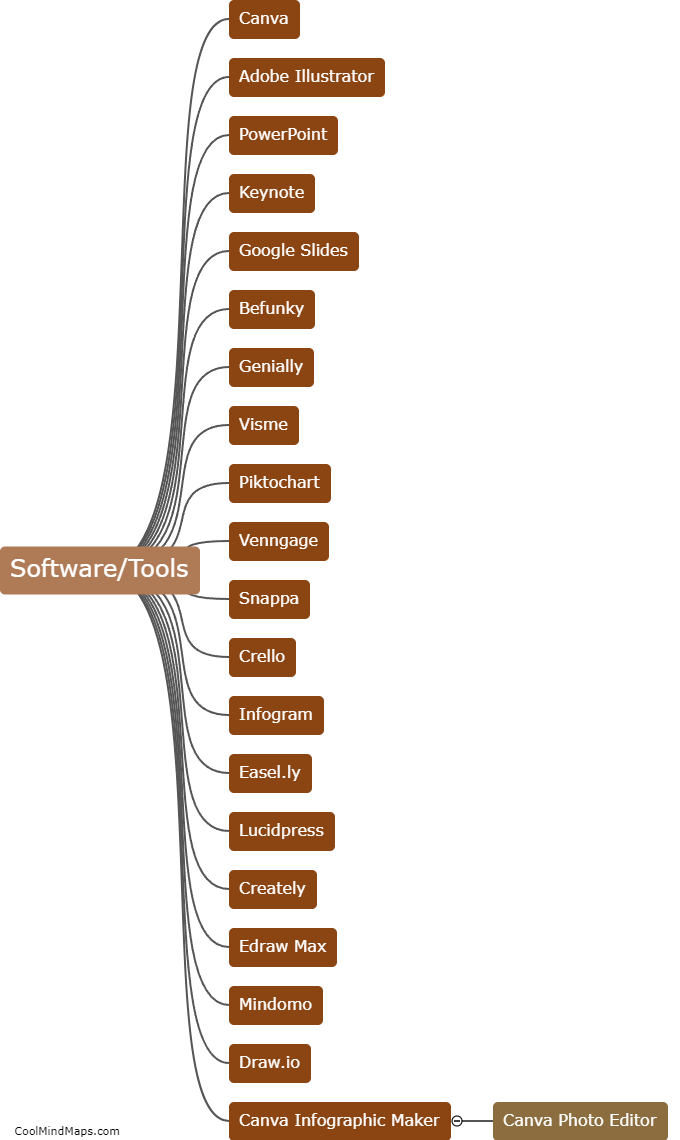How does impulse buying behavior affect consumer decision-making?
Impulse buying behavior refers to the tendency of consumers to make unplanned purchases triggered by certain stimuli or emotions, often leading to spontaneous decision-making. This behavior can significantly impact consumer decision-making by influencing what products or services they choose to buy, how much they are willing to spend, and even the overall satisfaction they derive from their purchase. Impulse purchases are often driven by immediate gratification, rather than thoughtful consideration of needs or budget constraints. Therefore, individuals engaging in impulse buying behavior are more likely to make impulsive and impromptu choices, potentially leading to buyer's remorse or dissatisfaction later on. Additionally, impulse buying behavior can make consumers vulnerable to marketing tactics, as companies often capitalize on emotions, convenience, and limited-time offers to encourage impulsive purchases. Overall, impulse buying behavior can have both positive and negative effects on consumer decision-making, depending on the individual's self-control, financial situation, and ability to resist impulsive urges.
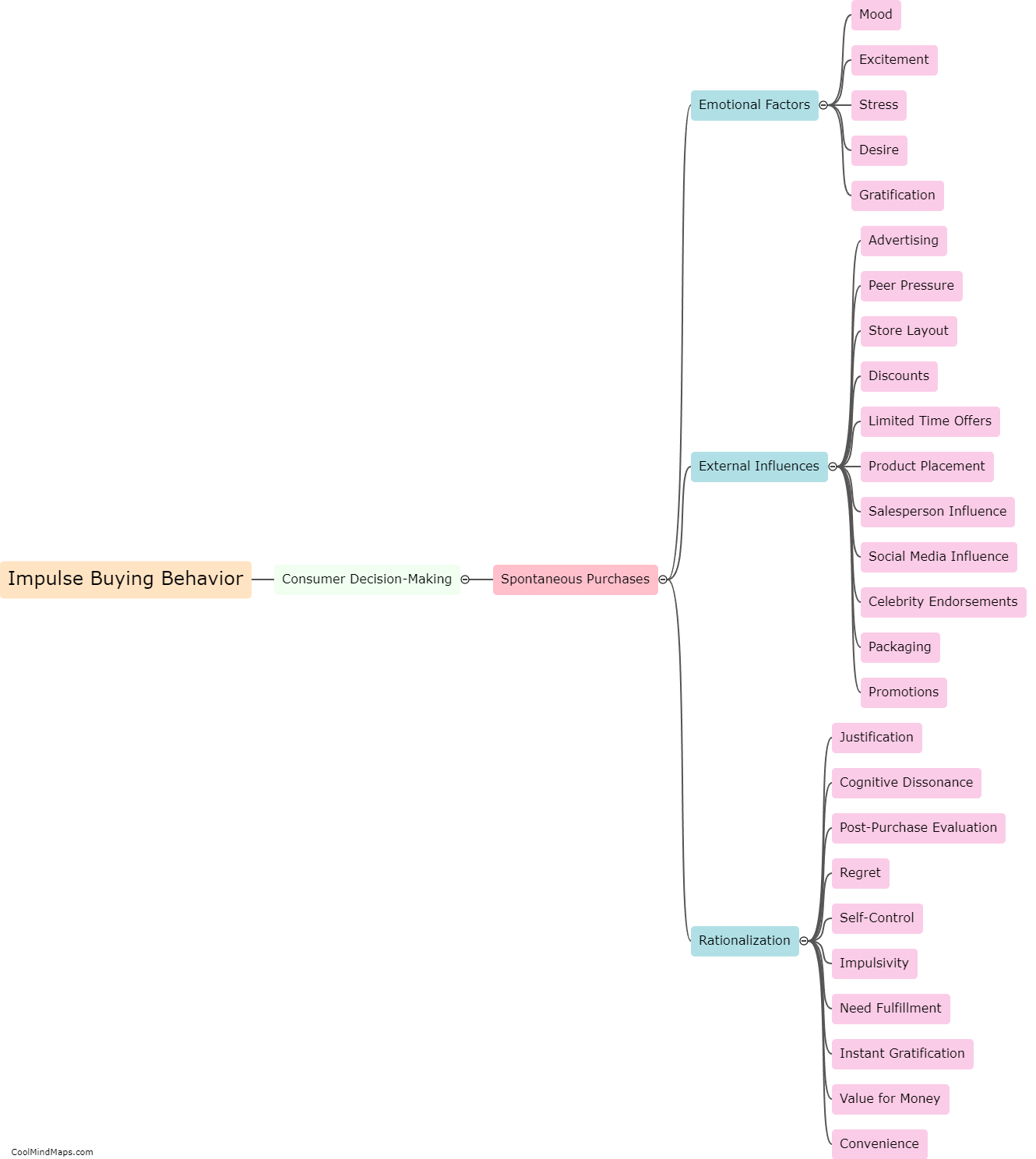
This mind map was published on 18 September 2023 and has been viewed 96 times.

